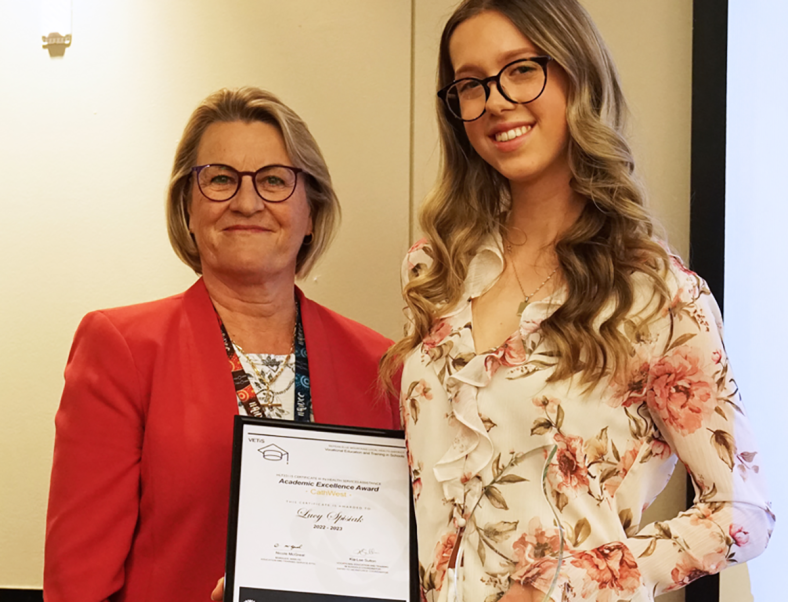Reducing the environmental impact of global health aid is essential, according to a healthcare ethics expert.
New research by Dr Bridget Pratt at ACU’s Queensland Bioethics Centre argues that global health aid—the delivery of health services to underserved populations in resource‐poor areas of the world—should be sustainable as a matter of climate justice and solidarity.
The healthcare sector is responsible for 4.4% of the world’s greenhouse gases.
No estimates currently exist for the environmental footprint generated by global health practice, but it generates substantial emissions through models of care, transport, procurement, waste generation, and infrastructure energy and water use.
Dr Pratt said the delivery of health services to low and middle-income countries should be more sustainable to reduce the impact of climate change.
“We are in the midst of a crisis of climate change and environmental degradation that will only get worse, unless significant changes are rapidly made,” Dr Pratt said.
“Sustainable healthcare has emerged as a way for healthcare sectors in affluent countries to help mitigate climate change by reducing their emissions.
“But there has been a lack of consideration about our ethical responsibility to reduce the environmental footprint of global health aid.
“Reducing climate change-related risks and harms for the vulnerable is integral to the mission of global health and it is vital to consider the climate impact of its practice.
“The people the field of global health is trying to help are the ones experiencing the greatest climate change‐related impacts on their health and well‐being.
“These effects are occurring now and are predicted to worsen, from increasing chronic undernutrition, respiratory impacts, heat stroke and death.
“The field has a duty to provide sustainable health services that are responsive to climate change.”
Dr Pratt said part of the solution was to provide more sustainable healthcare and build a global low-emissions healthcare infrastructure in low and middle-income countries.
This could include eliminating redundant tests, prescribing drugs with lower carbon footprints, embracing telehealth to reduce travel, procuring goods and services locally and reducing reliance on single use plastics.
Dr Pratt is an ethics researcher and the Mater Lecturer/Senior Lecturer in Healthcare Ethics at Queensland Bioethics Centre, Australian Catholic University. Her research on the ethics of sustainable global health practice was published in Bioethics.
The Queensland Bioethics Centre is a collaboration between Australian Catholic University and the Archdiocese of Brisbane. It focuses on high-quality bioethics research, education, and consultancy.








